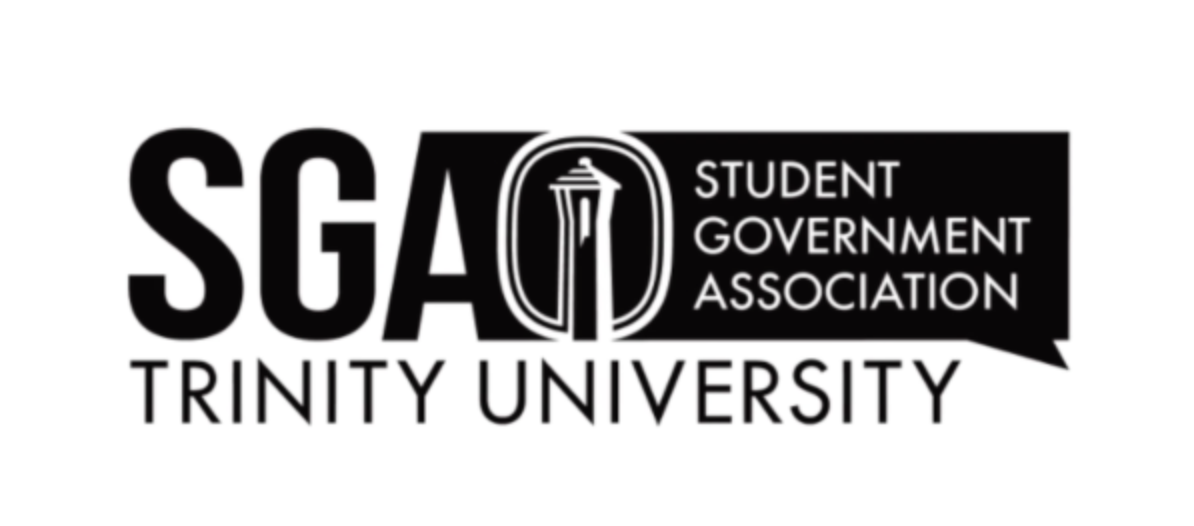Illustration by Andrea Nebhut
This article is a part of the Trinitonian’s remote coverage due to Trinity University’s response to the novel coronavirus (COVID-19). Click here to read the rest of our reporting.
Students woke Tuesday morning to an email from Andre Martinez, assistant director of the Center for International Engagement (CIE) announcing that study abroad programs in the fall had been canceled due to coronavirus concerns.
“We made this difficult decision with a heavy heart, but it was necessary to maintain our commitment to your health, safety and security in this unprecedented time,” the email read.
According to Katsuo Nishikawa, director for the CIE, over 60 students were planning on studying abroad this fall, including over 30 in the faculty-led Madrid program. Other canceled programs included all-semester programs through third-party abroad organizations, the weekend-long program in Mexico City for students in the Inventing Mexico First-Year Experience course, and the inaugural faculty-led program in South Africa.
Nishikawa explained two main reasons that the abroad programs were canceled: safety and logistics.
“And so, something that is, like, drilled into the people who work with students that go abroad is that safety is the number one concern. We never, ever send a student to a place that we have any worries regarding safety,” Nishikawa said. “At the end of the day, you know, these places — China, Argentina, the U.K. —they’re going to be there for students to visit and to study there in the future.”
Additionally, consular services around the world have been shut down with the closure of nonessential businesses and the halt of travel in some places. Normally, now would be the time that students expecting to go abroad in Fall would need to apply for student visas. With consulates closed, this cannot happen.
Nishikawa also explained that there is an ethical issue with sending students from the U.S. abroad.
“We have to understand that we’re moving with privilege, and we are putting people and the country that’s receiving us, potentially, in harm’s way,” Nishikawa said.
In addition to monitoring the situation for students looking to participate in programs abroad, the CIE is also working with current and future international students who could be facing trouble with procuring necessary travel documents. Currently, some international students are staying with family or friends in the U.S., but others could need help coming back for the next semester.
“There’s several ways that we’re thinking about how we address the issue of students who are wanting to come back to the US, but for the coronavirus and the lack of consular services,” Nishikawa said. “So those consular services are suspended in many places. And we still don’t know what the government is going to do … So as soon as we know what the government’s going to decide, then we will implement. But nonetheless, we’re hedging our bets that we were thinking of possible attempts for those students so that they don’t lose out.”
Students who anticipated being abroad this fall will now have to register for housing and Fall 2020 courses. Registration for Fall 2020 begins on Monday, April 13, giving students a week to plan their schedules and receive approval from their academic advisers. According to David Ribble, associate vice president for Academic Affairs, the Fall course schedule has been adjusted.
“Faculty that were going to be abroad teaching will be back on campus teaching, so we have added classes for those faculty to our fall schedule,” Ribble wrote in an email.
Ribble does not foresee any issues with students enrolling in courses on time despite the sudden change in plans.
“Students that were going to study abroad remain on all advising and registration schedules, this has always been the case, so this will not be a problem,” Ribble wrote.
In terms of housing, the sign-up period for on-campus residency occurred last week. Residential Life had not commented on the plan for housing the students at the time of publication.
While no one will be able to be abroad this fall, Nishikawa explained that there are plans for international education to continue on campus.
“Students in the fall and in the spring will have opportunities to work in collaborative teams internationally with our partners abroad,” Nishikawa said. “We’ll do some aspects of international education via Skype or Zoom using proven models like COIL, or called Collaborative Online International Learning, with which we already have a few programs running. And so expect to see a lot of more investment and opportunities for a regular class at Trinity to have a COIL component.”
Both Martinez, in his email to students, and Nishikawa expressed hope for the establishment of a new normal for international travel in the coming year.
“I think as, as we learn to live with this virus, there’s going to be new international regulations for travel. And I think maybe tourism is gonna be something that’s going to take a hit,” Nishikawa said. “But there’s always, you know, provisions for educational travel, even within between countries that are not on the best of terms, right. … And so I think of the first type of travel that’s going to be allowed is going to be mostly related to education.”







